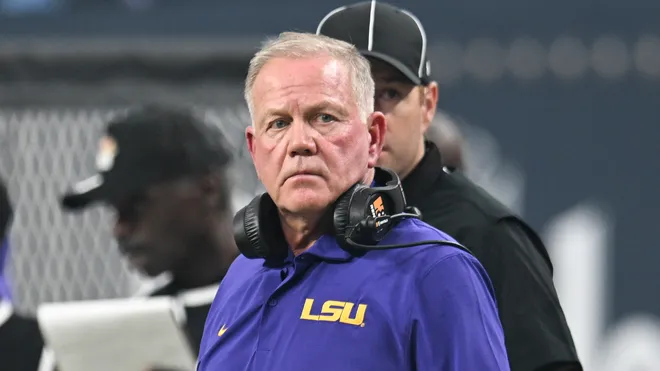The new era of college sports has brought significant benefits with NIL deals, allowing players to profit from their name, image, and likeness, which was previously prohibited. However, this change has also led to some troubling issues.
One common strategy among players seeking to maximize earnings is to play a limited number of games, then redshirt to preserve an additional year of eligibility for a potential transfer. There are also cautionary tales involving agents, such as that of former Florida State running back Rodney Hill, who transferred after an NIL agent pursued financial opportunities with other schools, damaging his relationship with the coaching staff.
Promises that go unfulfilled can lead to serious problems, as seen with UNLV’s current quarterback situation. Matthew Sluka announced he would redshirt this season, reportedly due to unmet NIL payment expectations. This issue is prominent in college football, with UNLV also losing running back Michael Allen, who expressed similar intentions regarding redshirting and transferring.

Despite UNLV improving to a 3-0 record after a victory over Kansas, they are now facing the loss of two key contributors due to NIL disputes. During an SEC coaches teleconference, LSU head coach Brian Kelly shared his views, arguing that upcoming revenue sharing won’t resolve redshirting issues. He noted that NIL deals create a third-party dynamic that complicates control over players’ decisions.
Brian Kelly believes that once revenue sharing is implemented, schools will have more leverage to create beneficial contracts, reducing the likelihood of mid-season departures or players opting out of bowl games. He emphasized the need for athletes and their families to work with certified agents who prioritize their best interests.
Kelly advised against giving exclusive rights to one’s name, image, and likeness and highlighted the importance of engaging with legitimate agents, warning families to be cautious of unverified representatives.
These discussions will continue as college sports undergo significant changes. The landscape is evolving, and everyone is striving to adapt to ensure smoother operations moving forward.
